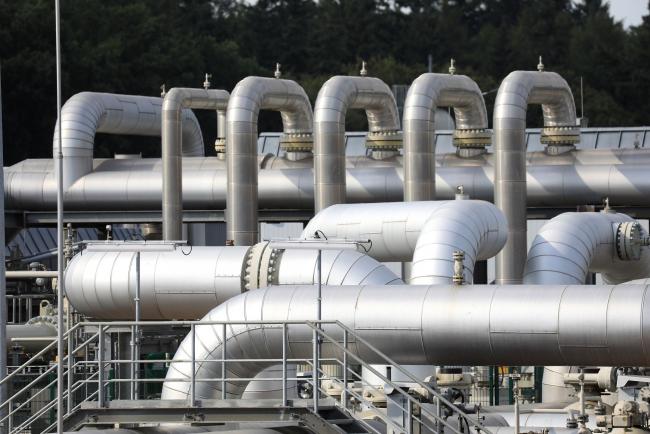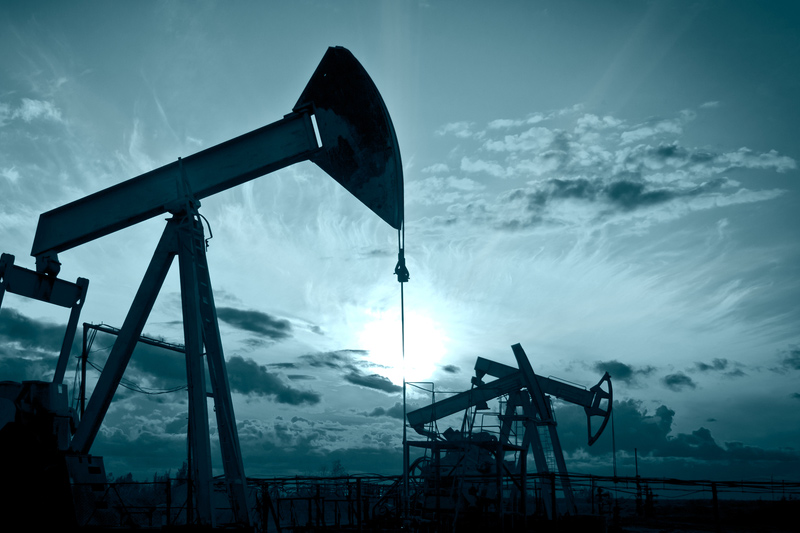(Bloomberg) --
European natural gas prices eased with politicians scrambling to fix a deepening energy crisis after Moscow switched off its main pipeline to the continent.
Benchmark futures fell as much as 4.4% after surging on Monday. Russia’s decision not to resume supply through Nord Stream after it was shut last week for maintenance work has forced European governments to plan market interventions including price caps and windfall taxes on profits of energy companies. They are trying to avoid blackouts and protect the regional economy that’s on the brink of recession.
While gas storage sites are being filled quicker than expected, concerns remain over how Europe will replace lost supplies from Russia when it gets cold and demand rises. Germany is unlikely to meet its target for filling inventories to 95% by the start of November, according to people familiar with the matter.
European Union energy ministers are set to meet on Friday, and the proposals on the table so far include power-demand curbs, measures to boost liquidity in the sector as collateral demands skyrocket and a price cap on gas. The UK’s incoming Prime Minister Liz Truss has drafted plans to freeze energy bills for households.
Germany plans to keep two nuclear plants available this winter, while Chancellor Olaf Scholz and French President Emmanuel Macron agreed to help each other ahead of the EU talks this week, with Macron pledging to ship gas to Germany if necessary.
Also see: Swiss Extend Credit Line as Liquidity in Focus: Energy Update
Moscow’s move rippled through markets on Monday, sending the euro to a two-decade low and equities tumbling. Still, gas and electricity prices pared some of their large gains from earlier in the day as traders weighed the intervention plans. Also, gas demand is as yet still relatively low before the heating season starts.
“Maybe Russia has played the potential hand too soon as we are still not in the colder winter months,” said Nick Campbell, a director at Inspired Plc. With gas stockpiles still rising, and all the moves that Europe’s governments are planning, shutting Nord Stream -- supplies through which had been slashed even before the halt -- “perhaps is not the death blow that the Russian state felt it would be.”
Dutch front-month gas, a benchmark for Europe, was lower at 235 euros per megawatt-hour by 8:42 a.m. in Amsterdam. The contract rose 15% on Monday after a sharp drop last week.
©2022 Bloomberg L.P.

